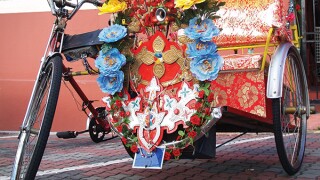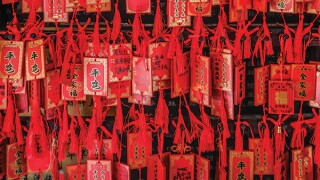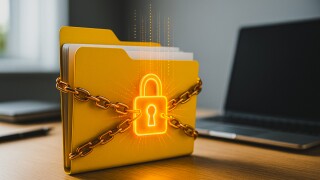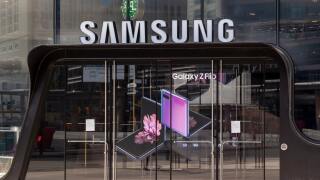Firm
Blank Rome’s launch in West Palm Beach, marked by the arrival of two IP partners, comes in response to rising demands from technology clients
Abion says it has brought on board Matt Serlin as its first US hire to meet client demand for ‘full circle’ trademark and domain name services
The firm is continuing its aggressive IP hiring streak with the addition of partner Matthew Rizzolo
New partners, including the firm’s first female head of a department, are eyeing a deeper focus on client understanding
Recently published Special Focus articles
Recently published Special Focus articles
-
Sponsored by DEQI Intellectual Property Law CorporationYuejing Li of DEQI Intellectual Property discusses the record filing system of a license for patent exploitation in China
-
Sponsored by Jadong IP Law FirmXiangjing Luo and Lian Yunze of Jadong IP Law Firm assess the key practical differences and implications that will arise from the third amendment to China’s law on copyrights
-
Sponsored by Lifang & PartnersShan Jiao of Lifang & Partners explores how standard essential patents litigation in China has evolved following recent developments in the area
-
Sponsored by Liu, Shen & AssociatesGuanyang Yao and Xiaoning Yu of Liu Shen & Associates consider the reasons behind China’s growth as a litigation venue for standard essential patent cases and evaluate the strategies of related parties
-
Sponsored by Panawell & PartnersFeng Xu of Panawell & Partners explains how the amendments to the Patent Law will impact the activity of domestic and foreign innovators
-
Sponsored by Purplevine IPMing Wen and Helen Zhang of Purplevine IP explains how the evolving patents law in China will give right holders a better chance to enforce their patent rights





















